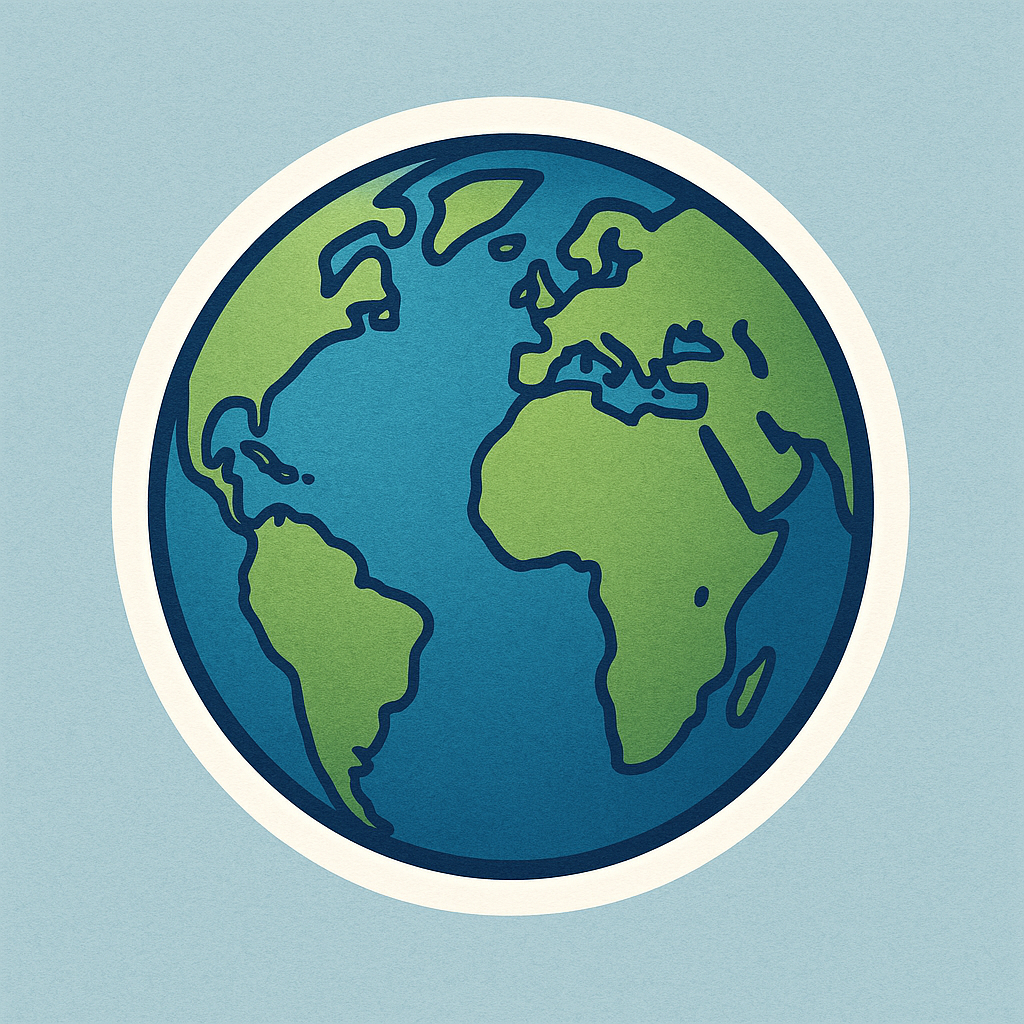NTNU WellFare works for a more just, health-promoting, and socially sustainable world.
WellFare
WellFare is a Nordic Research Center for Wellbeing and Social Sustainability at NTNU. WellFare leads transdisciplinary and cutting-edge research to transforming communities and welfare systems towards a fairer, healthier and more socially sustainable future.
WellFare supports WHO’s efforts to promote fair, inclusive, and sustainable societies — based on justice, participation, and shared responsibility for people and planet. As of September 2025, we host a WHO Collaborating Centre on Wellbeing and Social Sustainability.



